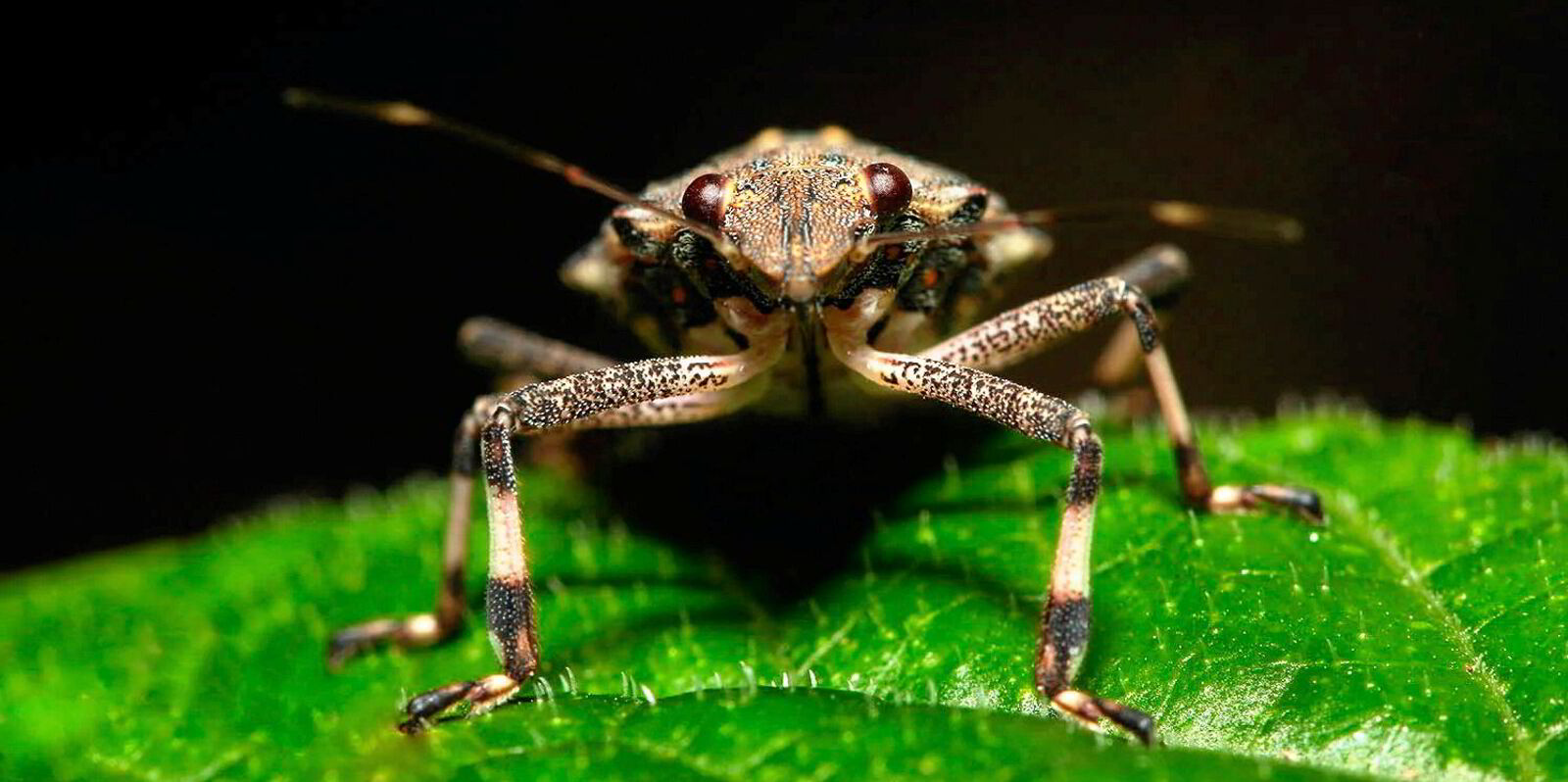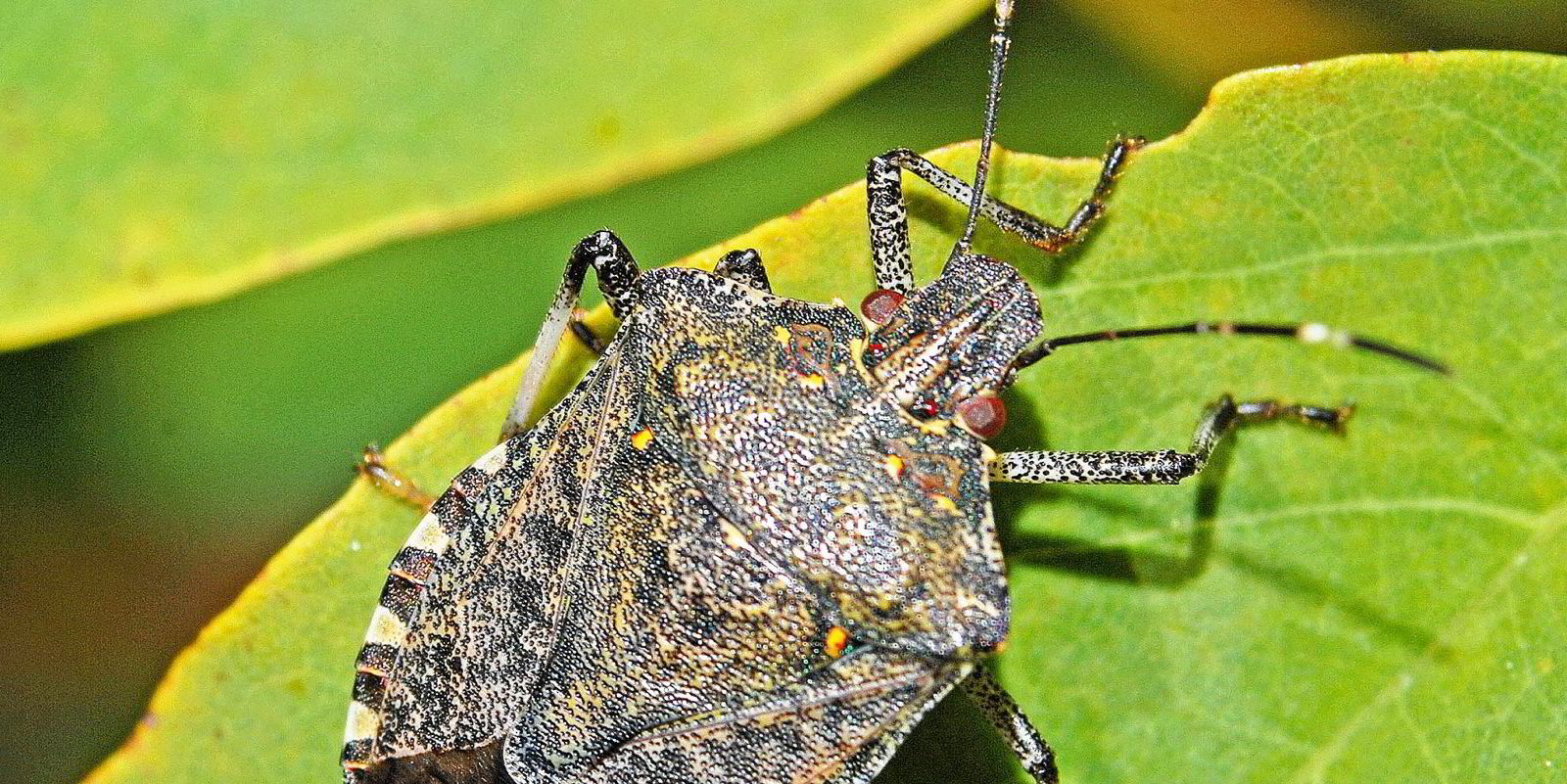Ships could be refused entry to some ports if they fail to deal with a new season of stink bug stowaways, insurers have warned.
Importing nations including Australia, New Zealand and Chile have published guidance to try to keep the invasive insect out of their countries after a string of cargo delays and rejections because of infestations.
The brown marmorated stink bug can severely damage fruit and vegetable crops and is known for its distinctive odour.
The UK’s Royal Horticultural Society says the bugs produce “a distinctive smell resembling coriander plants and, when it is present in high numbers, this may be considered unpleasant and disturbing”.
It has spread from its native East Asia to form populations in North America and Europe and is considered a “hitchhiker pest” that hides in shipping containers, vehicles and machinery during colder weather, according to Norwegian insurer Gard.
Ships invested by stink bugs may be refused entry and importers have to ensure that certain cargoes from more than 40 listed countries with established populations are properly treated.
The measures are in place from 1 September to 30 April for Australia and New Zealand when the risks are seen to be higher.
Australia has added the UK and China to its list of emerging risk countries that could be subject to extra checks.
A Hyundai Glovis-operated car carrier in January was sent back from Australia to China due to the presence of stink bugs on board. The ship was reportedly carrying a cargo of new Tesla cars.
The 6,697-ceu Glovis Caravel (built 2012) returned to Shanghai for planned treatment. Ship tracking suggests the car carrier then headed to the US rather than returning to Australia.
Wallenius Wilhelmsen reported last year that its shipping volumes were hit by congestion at Australian ports amid efforts to keep out invasive bugs.
The Australian Department of Agriculture, Fisheries and Forestry describes the stink bug as potentially destructive to more than 300 agricultural and ornamental plants including corn and soybean crops.(Copyright)
Read more
- Wallenius Wilhelmsen books strong second quarter on trade growth and port delays
- Podcast: Why Australia is making such a stink about stink bugs on ships
- Invasive stink bugs hit Wallenius Wilhelmsen’s first-quarter results
- Wallenius PCTC turned away due to stink bugs
- Australia, N Zealand crack down on stink bugs




